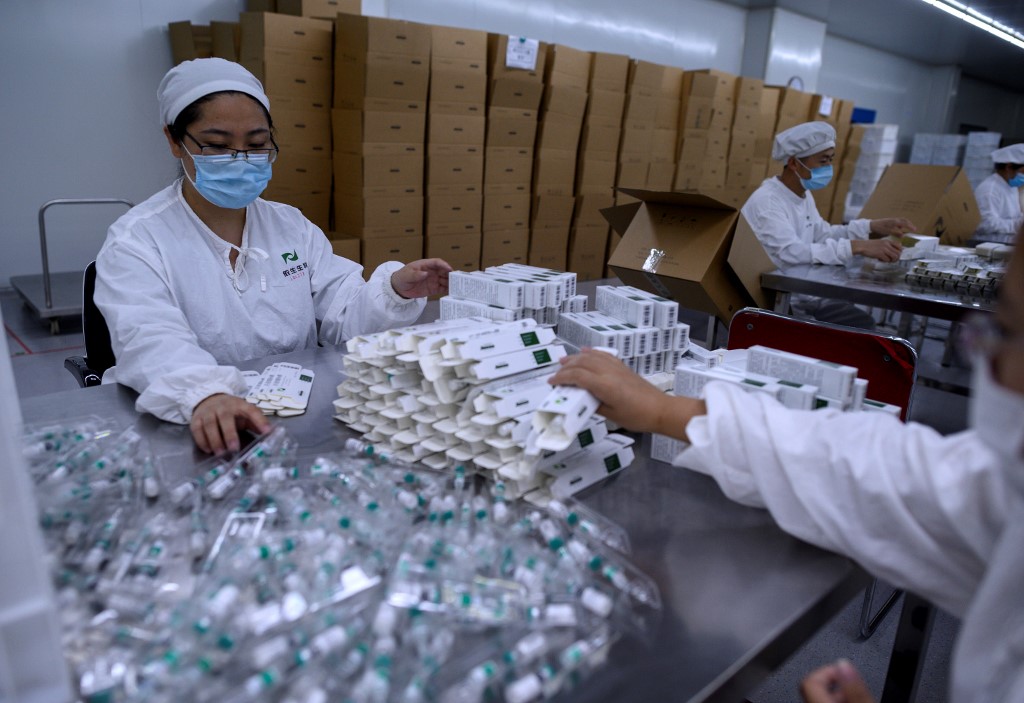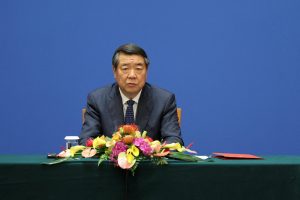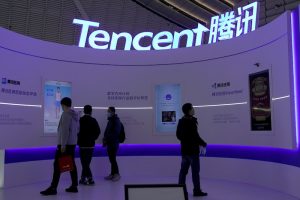China will toughen law enforcement to curb monopoly practices and unfair competition in the pharmaceutical industry as the government seeks to foster a better business environment, the industry ministry said on Sunday.
The action follows November’s regulatory guidelines to stamp out monopolies in active pharmaceutical ingredients (API). China leads the world in making and exporting these products.
In a statement, the ministry of industry and information technology said it would “strengthen law enforcement against unfair competition, and resolutely investigate unfair competitive acts, such as commercial bribery”.
It would also stiffen enforcement of anti-monopoly laws in the areas of drug shortages and APIs, prepare and adopt antitrust guidelines in the API market and investigate monopolistic pacts, it added.
China has long sought to develop its pharma industry, sometimes through unorthodox methods.
Last week, Chinese hacker group APT 27, long suspected of launching attacks on Western government agencies, has started targeting German pharma companies, Germany’s Federal Office for the Protection of the Constitution (BfV) said on Wednesday.
In addition to stealing trade secrets and intellectual property, the hackers may be trying to penetrate customers’ and service providers’ networks to infiltrate several companies at once, BfV, Germany’s main intelligence organisation, said in a circular to companies.
In its annual report from 2019, BfV had pointed out the group’s acronym APT 27 is an alias for a Chinese hacker group also known as the “Emissary Panda,” which is believed to target foreign embassies and critical sectors.
Last year, the US and its allies accused China of a carrying out a global cyber-espionage campaign. Beijing denied the allegations.
- Reuters, with additional editing by George Russell
READ MORE:
Asian Markets Rally As Pharma Chief Backs Vaccines On Omicron
Former Kangmei Pharmaceutical Boss Ma Xingtian Sent To Jail
India’s Gland Pharma to make Russian Sputnik V Covid vaccine























